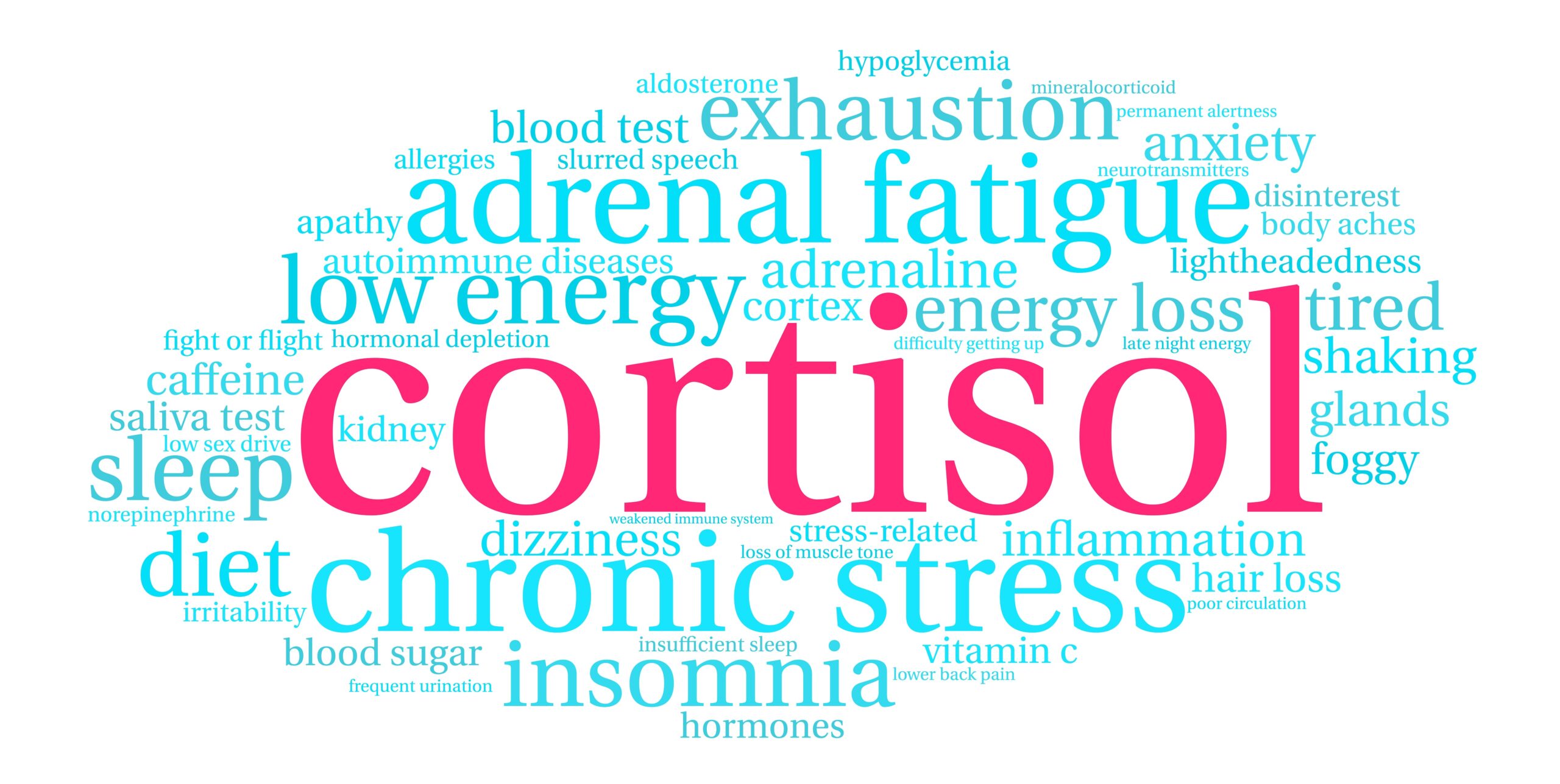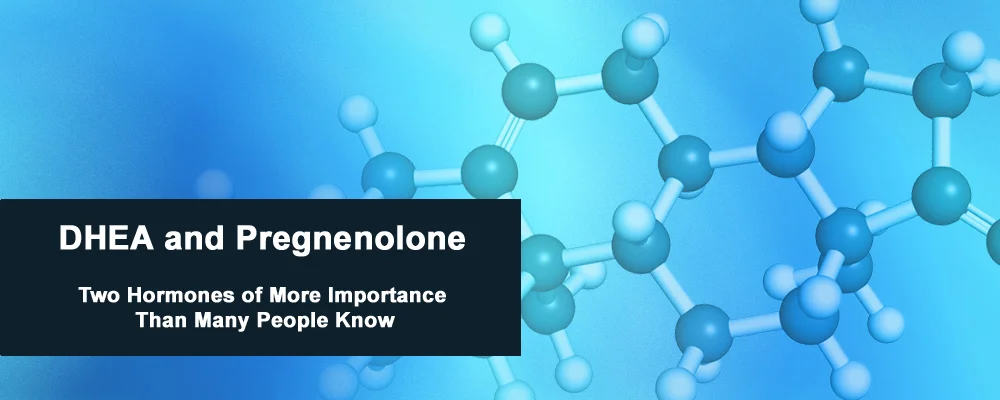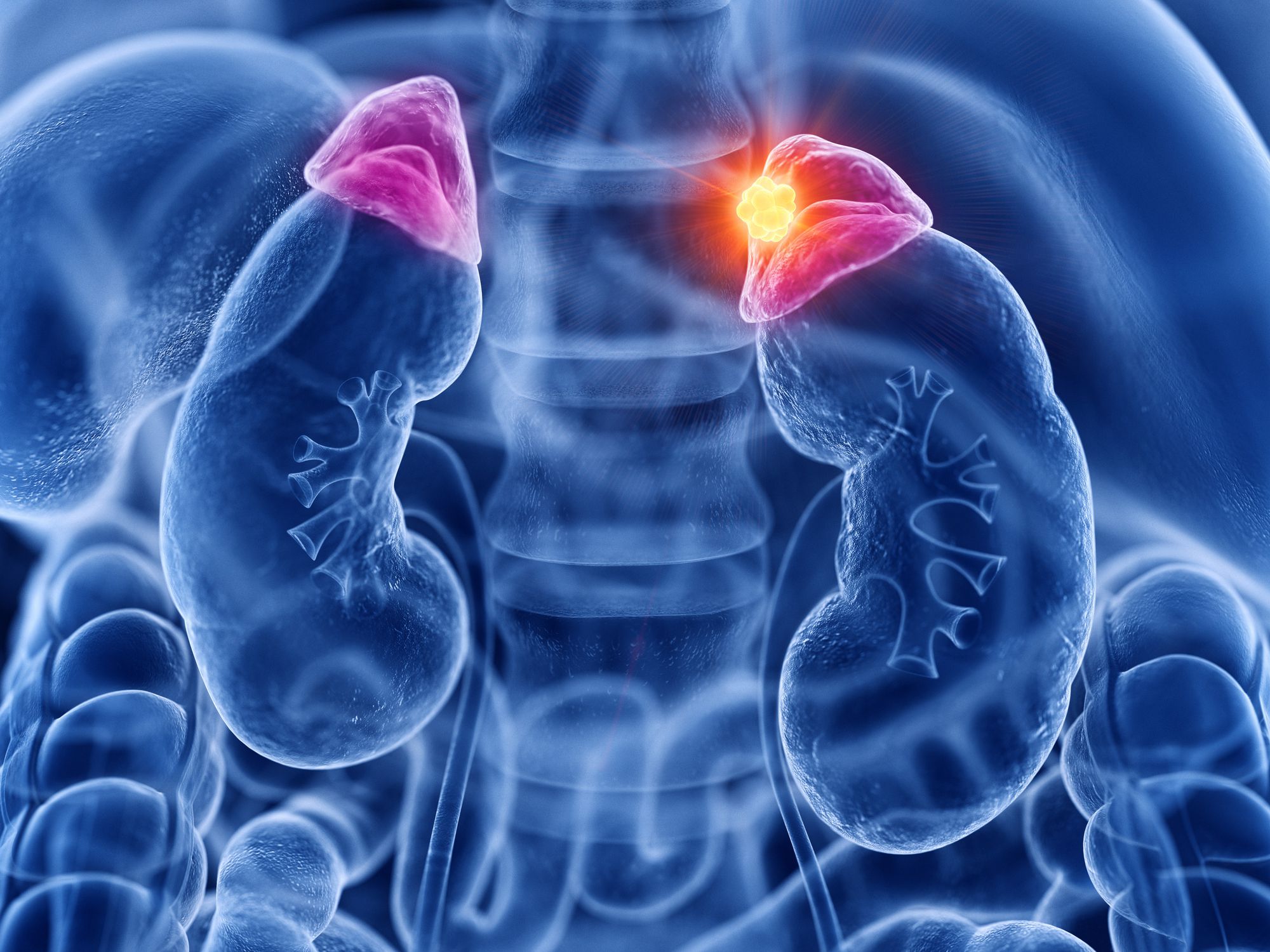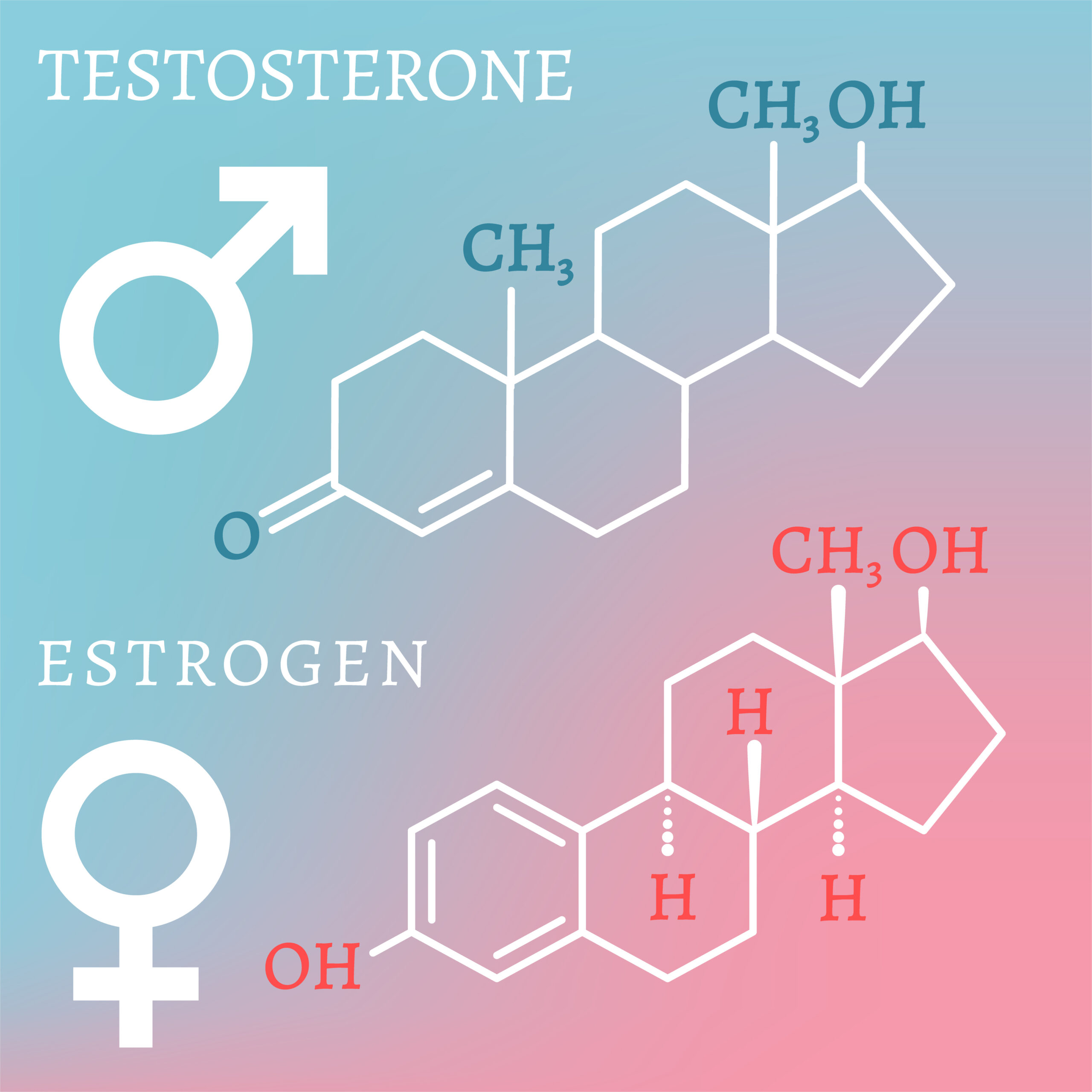
TESTOSTERONE DEFICIENCY IS EPIDEMIC: In over 7,000 blood tests, more than 80% of men tested had less than optimal testosterone blood levels. This translates to more than sixteen million men suffering from "low testosterone" in the United States today. Often, otherwise healthy men in their 40’s and 50’s have less than half the testosterone of a healthy 30-year-old. TRT Costs:…
Read More






